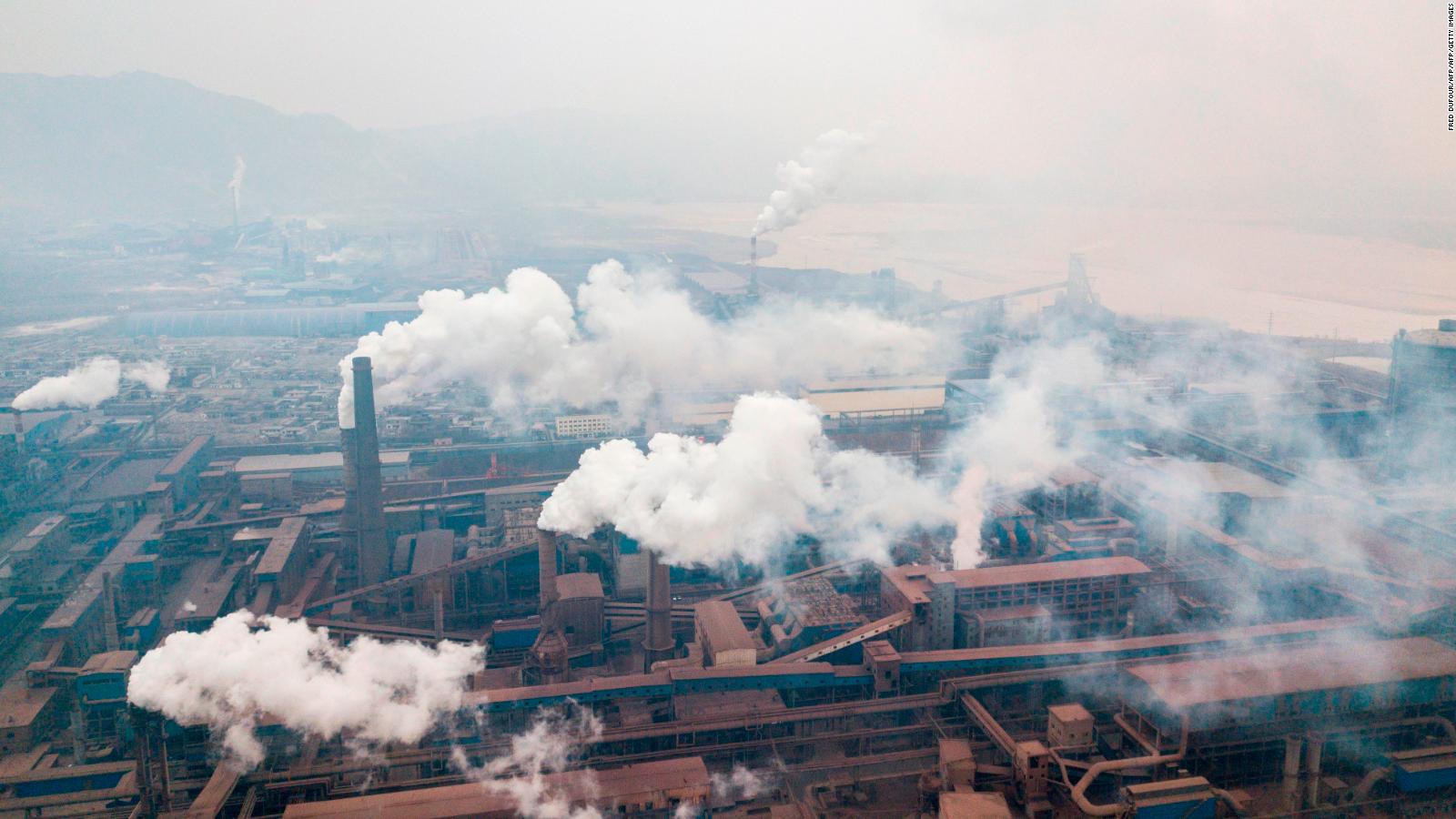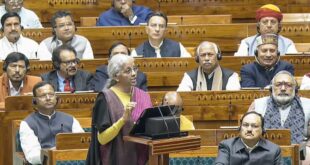Air Pollution Contributes to more than 116,000 Infant Deaths in India
Dr.Seema Javed

116,000 infants died in their firstmonth of life last year inIndia due to outdoor and Indoor Air Pollution, says the first-ever comprehensive analysis of air pollution’s global impact on new-borns-State of Global Air 2020 (SoGA 2020) by the Health EffectsInstitute (HEI)
According to the report-India, Bangladesh, Pakistan and Nepal feature among the top ten countries with the highest Particulate Matter (PM2.5) exposures. Which are very small particles of pollutants which go inside our lungs through nose while breathing and cause respiratory diseases & complications.
This report comes as COVID-19 — a disease for which people with heart and lung disease are particularlyat risk of infection and death has claimed more than 110,000 lives in India.
/cdn.vox-cdn.com/uploads/chorus_image/image/59663021/India_Smog_pollution_Delhi.0.jpg)
Although in India The Pradhan Mantri Ujjwala Yojana Household LPGprogram and other schemes have helped to dramatically expand access to clean energy, especially for ruralhouseholds. Due to this schemesince 2010, approximately more than 50 million people in rural India have been saved from exposure to household air pollution and has reduced the burden of Indoor Air pollution in India.
Also Read: Satyameva Jayate sequel shoot begins in Lucknow
Also Read: Bihar election has 31% candidates with criminal cases
Long-term exposure to outdoor and household air pollution contributed to over 1.67 million annual deathsfrom stroke, heart attack, diabetes, lung cancer, chronic lung diseases, and neonatal diseases, in India in 2019.
For the youngest infants, most deaths were related to complications from low birth weight and preterm birth.“An infant’s health is critical to the future of every society, and this newest evidence suggests an especiallyhigh risk for infants born in South Asia and sub-Saharan Africa,” said Dan Greenbaum, President of HEI.

The report highlights that overall, air pollution is now the largest risk factor for death among all health risks.
Although the full links betweenair pollution and COVID-19 are not yet known, there is clear evidence linking air pollution and increased heartand lung disease creating a growing concern that exposures to high levels of air pollution, during winter months in South Asian countries and East Asia, could exacerbate the effects of COVID-19.

Health EffectsInstitute (HEI) is an independent population health research center that coordinates the annual Global Burden of Diseases, Injuries, and Risk
Factors (GBD) Comparative Risk Assessment study. Its results are published each year. The GBD study is an international effort to estimate the number of deaths and lost years of healthy life due to 286 causes of deathand 369 diseases in 204 countries, and how much of this burden is caused by 87 different risk factors, including diet, high bloodpressure, tobacco smoking and air pollution. HEI leads an international team of nearly 3700 scientists from 146 countries in conducting the analysis.
 Jubilee Post News & Views
Jubilee Post News & Views





